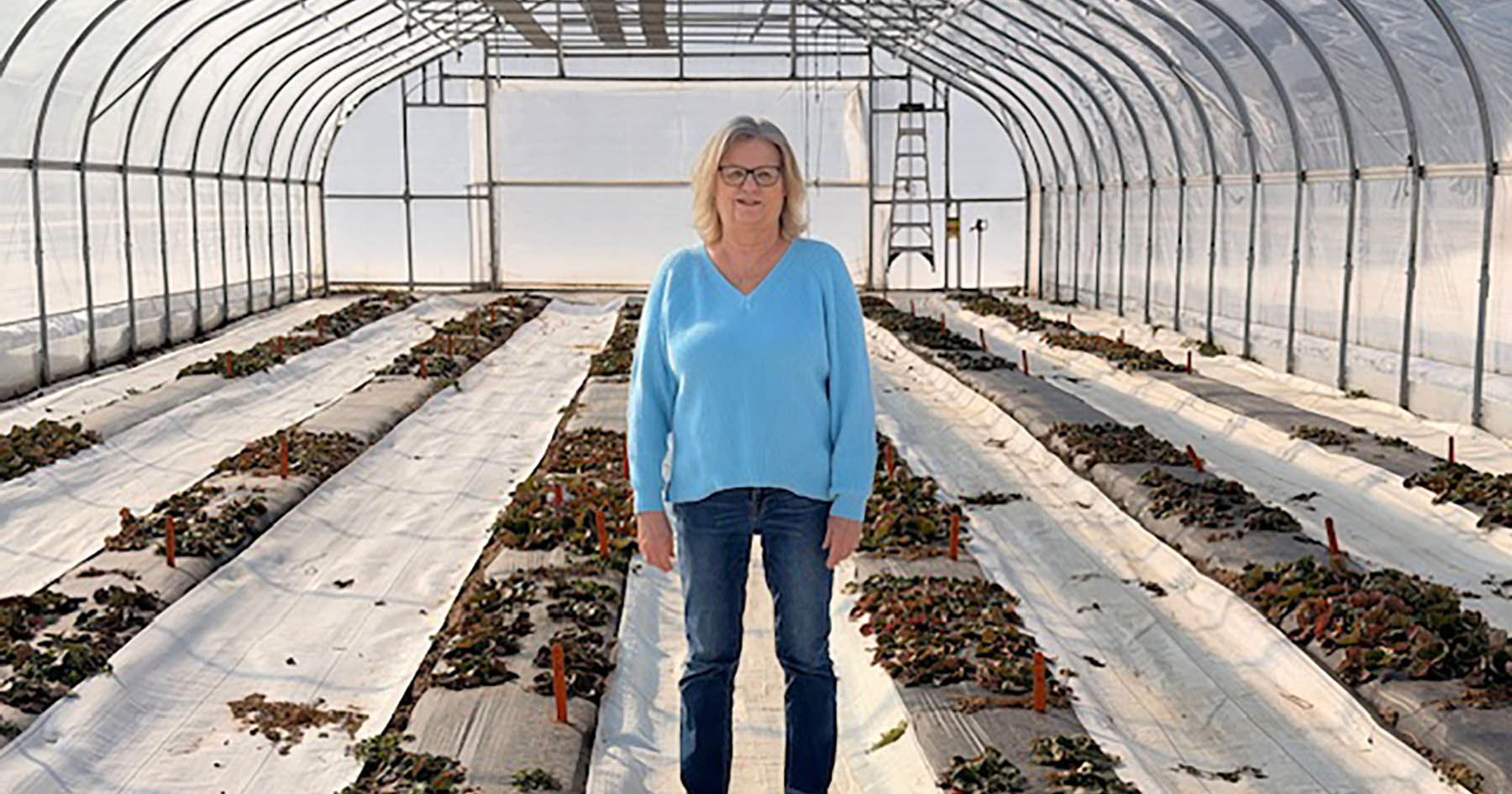Tyner: Tariffs would have significant impact throughout Indiana economy
Some Indiana manufacturers might initially benefit if tariffs proposed last week by President Donald Trump are enacted, but the state’s overall economy could suffer because other Indiana industries use what would be more expensive steel and aluminum and because other nations might adopt retaliatory trade practices, according to Wally Tyner, James & Lois Ackerman Professor of agricultural economics at Purdue University.
The president has suggested placing a 25 percent charge on imported steel and 10 percent on imported aluminum. This would make the foreign products more expensive, potentially boosting sales of American-made metals. Since Indiana produces both aluminum and steel, the state’s manufacturers could see price increases for their products and higher profitability, Tyner said. The increase in profitability could lead to job increases in those sectors.
“But Indiana is also a leading manufacturing state,” he added. “In fact, one of four jobs in Indiana is in manufacturing related to transportation. These companies include GM, Honda, Subaru, Toyota, Rolls Royce and Cummins engines, Wabash National, and the recreational vehicle industry. Indiana is also a leading producer and manufacturer of automobile and truck parts. All these companies plus others, such as Caterpillar, are heavy users of aluminum and steel.”
Higher prices for aluminum and steel would increase costs for those companies, likely leading to reduced sales - and with reduced sales, jobs would be lost, according to Tyner.
“Since these manufacturing companies are such a large share of income and jobs in Indiana, it is likely that the Indiana economy would suffer from the tariffs even though we do produce aluminum and steel,” Tyner said.
The state’s automakers and agricultural sector could also suffer if other nations adopted retaliatory trade practices, he said.
“In terms of retaliation, countries often retaliate with tariffs that are designed to hurt the other country both economically and politically,” Tyner said. “In this case, the retaliatory tariffs might be aimed, in part, at one component of President Trump’s core support - rural America. For example, one product that is often mentioned as a possible retaliation target by China is soybeans. China is a major importer of U.S. soybeans with 62 percent of total U.S. exports destined for China. A Chinese tariff would clearly have adverse on Indiana farmers, who are major soybean producers. Other possible targets would be automobiles made in the U.S., which would deepen the problems for Indiana automobile producers.”
Another factor to consider is that China supplies less than 10 percent of both aluminum and steel for the U.S., Tyner said.
“So even though much of the rhetoric has been aimed at China, they would not be the major target,” he said. “Our four biggest sources for imports of these products are Canada, Mexico, Japan and South Korea. Clearly there could be implications for the NAFTA (North American Free Trade Agreement) negotiations.”
As a major manufacturing state, Indiana could be vulnerable in a trade war.
“It turns out that Indiana has four of the top 10 exporting communities in the entire U.S. - Columbus, Elkhart, Kokomo, and Lafayette,” Tyner noted. “Retaliatory tariffs could affect any or all of these communities.”
All Hoosiers should be aware of the possible ramifications of the proposed tariffs, Tyner said.
“The bottom line is that describing possible job gains in steel and aluminum is only part of the story,” Tyner said. “We need to consider a more complete picture to assess the total impacts on our state.”





